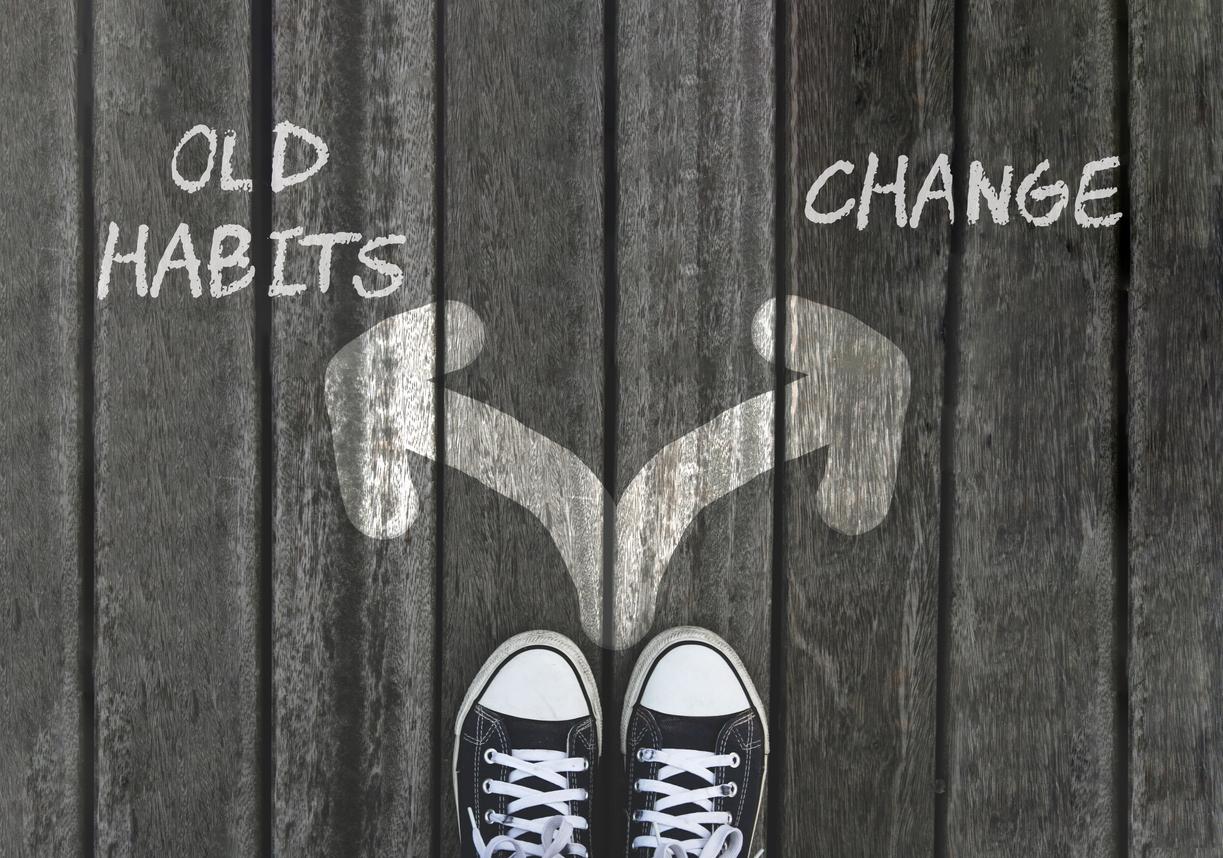The days get longer, the sun sets later… If the change to summer time delights more than one, it would be no less harmful to our health. According to Inserm, the time change has physiological and health effects directly on our body, by impacting our internal biological clock and therefore causing harmful repercussions on our health: sleep disorders, vigilance, work and road accidents, depression, heart attack, stroke…
While adapting to the time change will vary from person to person, young children and the elderly are at greatest risk of experiencing negative effects. “But this is also the case for teenagers, night workers, and anyone with a sleep disorder who will have more difficulty adapting to the new schedule.“, according to Inserm.
The loss of an hour of sleep difficult to manage
According to neurobiologist and researcher Claude Gronfier, president of the French society of chronobiology, “switching to summer time would be more complicated for the organism to manage than switching to winter time, given on the one hand the loss of an hour of sleep, and on the other the fact that the biological clock will have to be advanced by one hour“.
On average, our body accumulates ten minutes behind its 24-hour cycle. “With the time change, it would be asked to advance its rhythm by one hour, which would accentuate the efforts made by our body to try to catch up.“, explains Inserm.
The effects of the time change would also be accentuated by the general lack of sleep of the French population. In its 2022 barometer, the National Institute of Sleep and Vigilance estimated it at 60 minutes.
Between summer time and winter time, which to choose?
In 2019, member states of the European Union voted to abolish the time change. During a public consultation, the French had then chosen at 59% to maintain summer time. Even though the vast majority of the scientific community recommends maintaining winter time instead.
If daylight saving time were chosen, waking up in winter and going to bed in summer would be made much more difficult. “On the shortest day of the year (December 21), the sun would rise at 9:41 a.m. (instead of 8:41 a.m. in winter time), and this very late sunrise in this winter season will have a detrimental impact on the health of the French, the setting of our biological clock is also done by exposure to light“, ends the neurobiologist.
When we wake up, our body has need light to start a new day and synchronize our biological clock.
Source :
- “Switching to summer time: can we expect a disruption of our biological clock?“, Inserm, March 23, 2022
Read also:
- Sleep: why it’s better to sleep in the dark (and not in front of the TV on)
- Time change: the top accessories to not be tired
















